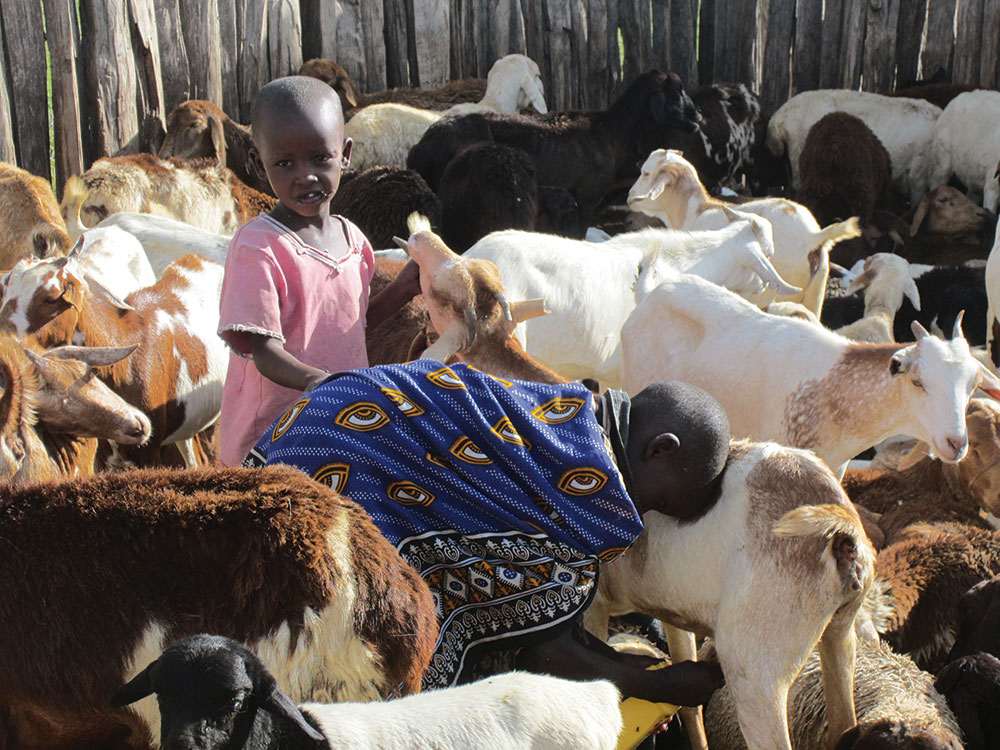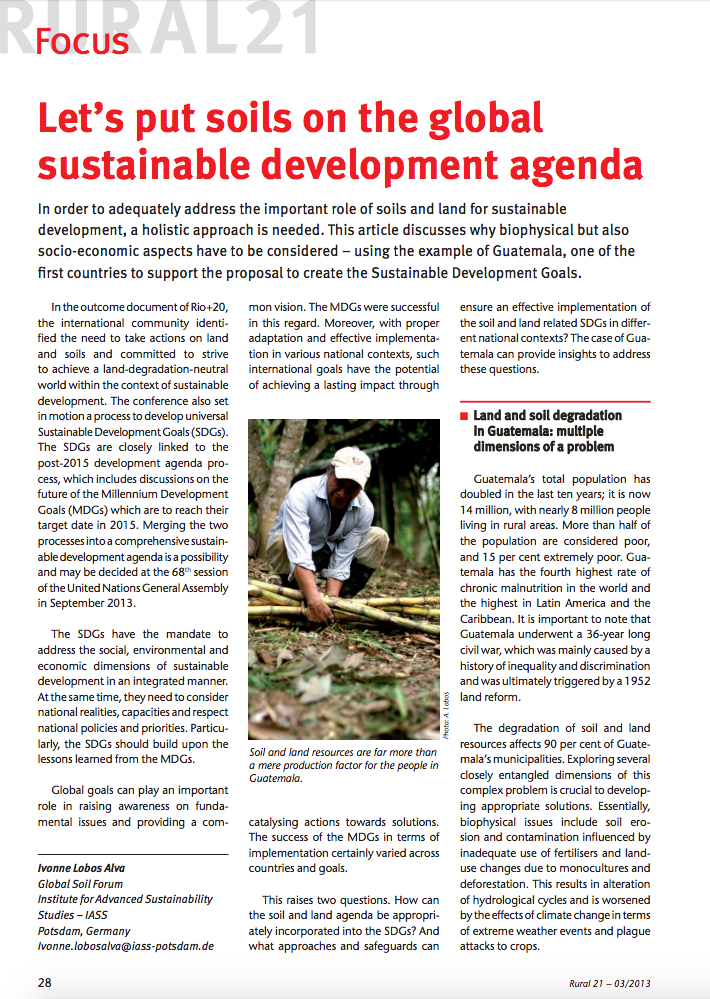DLG-Verlag was founded in 1952 as a subsidiary of DLG e.V. (Deutsche Landwirtschafts-Gesellschaft - German Agricultural Society) with its headquarter in Frankfurt/ Germany. The publishing company provides expertise for the agricultural and food sector.
With its subsidiaries Max-Eyth-Verlag and DLG-Agrofood Medien GmbH the DLG-Verlag offers books and magazines, as well as catalogs of the DLG's international DLG exhibitions.
Members:
Resources
Displaying 101 - 105 of 316Providing an enabling environment
The basic role for agricultural policies consists of providing the core investments and services that farmers need to develop their operations into viable farm businesses. Focusing on the sector’s enabling environment benefits both agriculture and the wider rural economy, facilitating the construction of diversified rural economies. Such policies are likely to be more effective in the long term than subsidies or market interventions, which have the opposite tendency.
Governing the transformation of soils must urgently be improved
We are continuously transforming a resource that is both essential and finite: our soils. We do so in a way that has serious social, economic and ecologic implications. There is an urgent need to shift these transformations to more sustainable pathways. Transgovernance can assume a pivotal role in this regard.
Bio-reclamation – Converting degraded lateritic soils into productive land
Not only has soil degradation in Niger been halted thanks to an integrated approach combining water harvesting technologies, the application of organic residues and planting of fruit trees and vegetables. The strategy has also enabled increases in farmers’ income as well as an active involvement of the country’s largely marginalised women in food production through their gaining access to land.
Let’s put soils on the global sustainable development agenda
In order to adequately address the important role of soils and land for sustainable development, a holistic approach is needed. This article discusses why biophysical but also socio-economic aspects have to be considered – using the example of Guatemala, one of the first countries to support the proposal to create the Sustainable Development Goals.
Experience with the System of Rice Intensification in Timor Leste
The System of Rice Intensification (SRI) is a natural resource management technology that has supporters and opponents. Evidence of the technology’s impacts is mixed. Recent research results from Timor Leste suggest that SRI can improve yields and incomes of smallholder farmers when proper extension systems are in place.




